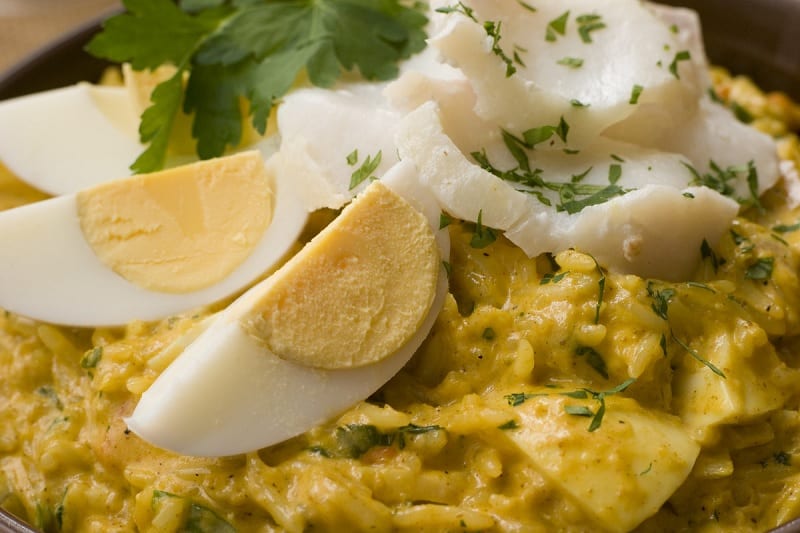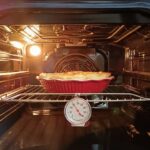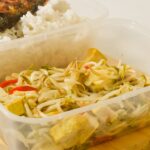Yes, you can reheat kedgeree through a variety of heating methods. Kedgeree can also be eaten cold, if stored correctly and eaten within one day.
Kedgeree is a rice-based dish that is thought to have originated in India. It’s now enjoyed globally. In the UK, kedgeree is often eaten as a breakfast, lunch or dinner.
It’s packed full of flaky-fish (often haddock or smoked haddock) as well as a multitude of other ingredients. Hard boiled eggs are often included as well as dairy products like milk, butter and cream.
You can reheat kedgeree using a variety of methods. As a rule of thumb, reheated foods need to reach a “piping hot” temperature and should be visibly releasing steam.
Your kedgeree should be too hot to comfortably touch for more than a split second. High temperatures are needed to kill any dangerous bacteria present in the kedgeree before reheating.
The Foods Standards Agency (FSA) produce legal guidelines for businesses and recommendations for individuals when it comes to food safety.
Of all the ingredients in kedgeree, rice is the most dangerous. Unlike fish, vegetables and other ingredients, rice can harbour the bacteria Bacillus cereus, which causes severe food poisoning.
This can grow extremely quickly on rice once it has been cooked. For this reason, rice must never be reheated more than once.
According to the United Kingdom’s Foods Standards Agency, rice-based foods are only “safe” to consume when refrigerated for one day at most.
Foods, on the whole, need to be reheated to at least 70 degrees Celsius for two minutes or 75 degrees Celsius at an immediate reading to be considered safe.
It’s better to cook your kedgeree much hotter than this, just to be on the safe side. Heating to 80 degrees Celsius or above is better.
In Scotland, the higher temperature of 82 degrees Celsius is the legal minimum temperature considered food must be heated to before being considered safe to consume.
It’s better to be safe than sorry when reheating kedgeree; ensure that it’s fully hot throughout before eating.

Chef’s Pick is your guide to the best kitchen equipment and appliances in the UK.
We help you understand the confusing world of cookers, ovens and cookware so you can get the most out of your kitchen.



